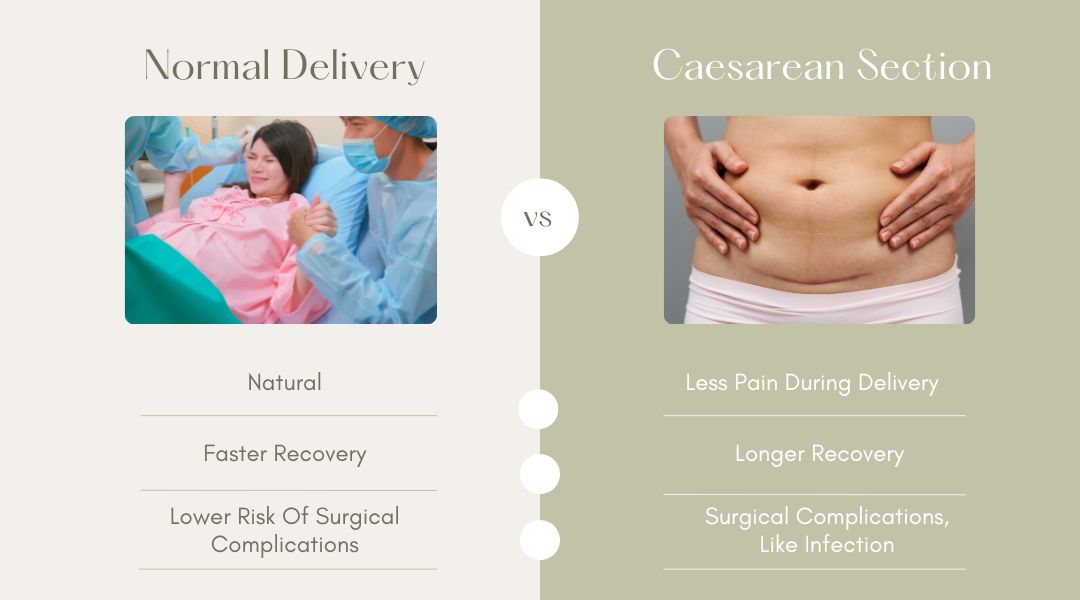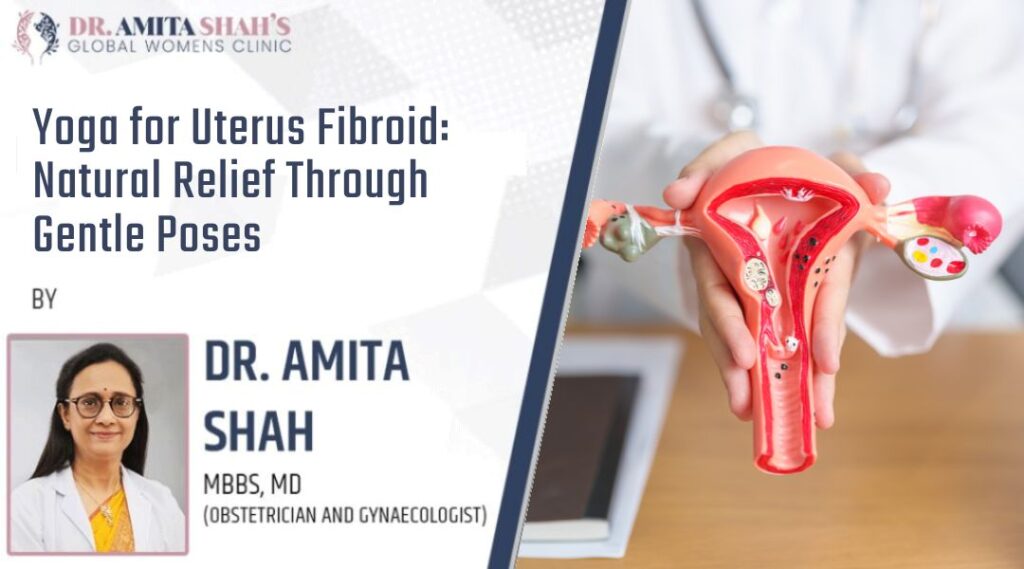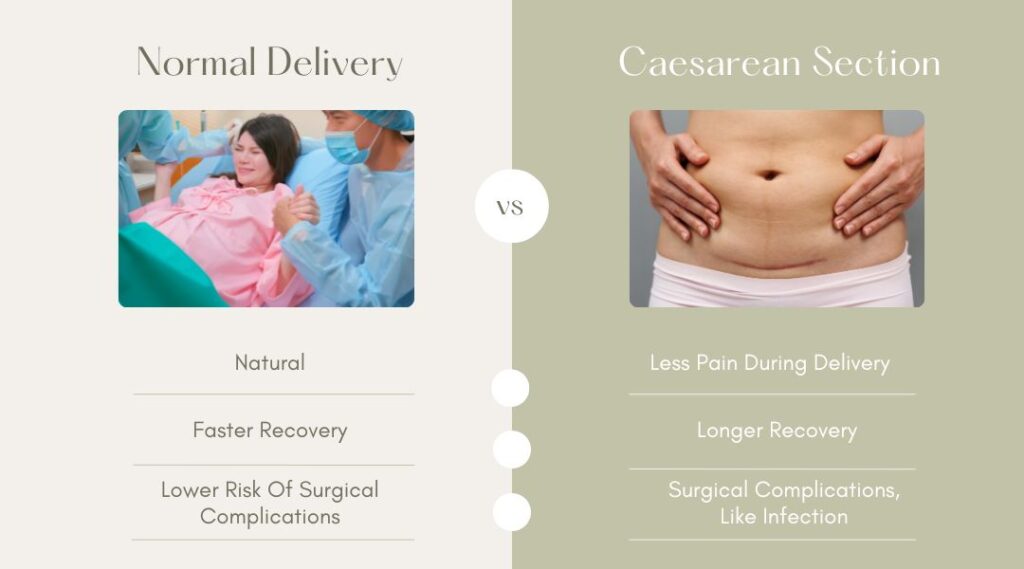Antenatal Care Meaning
Antenatal care definition includes all the check-ups, tests, and examinations that a pregnant person undergoes during the course of their pregnancy. Each antenatal care examination allows the healthcare provider to check both the mother and the baby. This essential antenatal care for pregnant women helps to diagnose problems that may require intervention. With proper antenatal care during pregnancy, the health and wellbeing of the mother and baby can be protected. Risks can also be minimized during pregnancy and childbirth.
Objectives of Antenatal Care
Antenatal care has a few purposes. Looking after the health and wellbeing of pregnant women and their children comes first. The expectant mother needs to take proper care to minimize the health problems and complications. Moreover, women should also be educated properly to know the antenatal care importance of proper diet, physical activity, and childbirth. Women and their partners need to be properly educated and understood during the pregnancy. Educators have the ability to work to incorporate the needs and issues of expectant or new parents, thereby allowing clear guidance and recommendations for their circumstances.
Objectives:
- Ensure mother and child fitness during pregnancy and after childbirth: Track the health of both mother and child.
- Growth Monitoring: Observe the progress of the fetus during the gestation period.
- Early Issue Identification: Identify potential health risks proactively for proactive measures.
- Health Education: Deliver antenatal care health education on diet, physical activities, and preparation for childbirth.
Frequency of Antenatal Check-ups
The antenatal care schedule is dictated by the pregnancy stage. In most cases, the first two months will need monthly antenatal care check up appointments, then bi-weekly appointments until week 36 and weekly till the end of the pregnancy.
These visits are critical for tracking the mother’s health and addressing any complications that may arise, offering vital health screenings and other tests.
Antenatal Care During the First Trimester
The first antenatal visit allows for the monitoring of your health. Familiarize yourself with a detailed history of your health, including past pregnancies and medical issues.
Specific healthcare procedures, like blood tests for hemoglobin levels, blood type, and infectious diseases (HIV and syphilis), will be performed. A urine test will be done as well to check for infections, protein and other related health issues.
To affirm the pregnancy and estimate due dates, an ultrasound may be done. Such a systematic approach will help in the effective antenatal care plan to support the mother and baby right from the onset.
Antenatal Care During the Second Trimester
In the second trimester of your pregnancy, a routine antenatal care examination aims to track and assess the baby’s growth and general health.
An ultrasound is usually performed at 18–20 weeks of gestation with some anatomy scans being more comprehensive to check the baby’s development and evaluate for any structural abnormalities. Blood tests, as part of the antenatal care plan for the respective weeks, are also done to check for possible Down Syndrome and assess the hemoglobin level to check for anemia.
One of the checks done at this period is screening for gestational diabetes. Any other possible issues are also addressed at this period.
Antenatal Care During the Third Trimester
The third trimester starts preparing the mother for delivery and labor. During antenatal visits at this period, expect to have more frequent appointments so as to check the baby’s position and its subsequent growth.
Expect the healthcare provider to check for other changes in the body and probably do more ultrasounds than was done in the earlier visits. Additional aims of antenatal care during pregnancy include the Group B screening which is done between 35–37 weeks to curb the chances of infection during delivery.
At this time, expect active talks concerning labor, delivery, and post natal care which are intended to get you prepared for the journey ahead.
Recommended Hemoglobin Levels Throughout Pregnancy
Active monitoring of hemoglobin levels ensures the wellbeing of the mother and fetus. Individuals who are not pregnant typically have healthy levels within the range of 12-16 g/dL. These levels are normally lower during pregnancy because of an increase in blood volume.
Regular monitoring during the antenatal care visit ensures that hemoglobin levels are within the healthy range and that there are no gaps that require supplementation. Following an antenatal care diet that is rich in iron is also key in maintaining good hemoglobin levels and supports appropriate levels of supplementation.
This monitoring is very important in preventing anemia, which is associated with many complications in pregnancy and childbirth.
Vaccinations and Preventive Measures
Antenatal care guidelines recommend vaccinations and preventive care for the mother and the baby. Important vaccines such as Tdap and flu are often given during pregnancy for protection against severe diseases.
These preventive measures are very important in protecting the health of the mother and giving the newborn a healthy start.
Lifestyle Recommendations for a Healthy Pregnancy
Usually, discussions around lifestyle changes that can support pregnancy happen within the framework of antenatal care for pregnant women.
These discussions also include nutrition for pregnancy, highlighting the need for fruits, vegetables, whole grains, and lean proteins. Also, appropriate physical activities, depending on one’s health, are recommended.
These suggestions are a great help in maintaining physical and emotional wellbeing in the duration of the pregnancy.
Common Concerns Addressed in Antenatal Care Visits
Antenatal appointments are created for parents to speak about anything they wish, and the supported philosophy enables discussions about dealing with the symptoms, preferences for the delivery and labor, and emotional health.
Sustaining dialogue with health professionals aids in achieving a stress-free experience in the course of pregnancy.
Conclusion
Antenatal care is one of the most important and foundational elements of a healthy pregnancy. It involves routine visits, screening, and education. Understanding what is antenatal care and its importance helps expectant parents navigate this important phase.
Adhering to and enhancing the defined antenatal care schedule can significantly improve their wellbeing and health. A proper antenatal care conclusion is that it plays a vital role in safe motherhood and healthy childbirth.
Best Gynecologist in Gurgaon
Dr. Amita Shah is recognized as the best gynecologist in Gurgaon. Apart from being a gynecologist, she is also a laparoscopic surgeon as well as an antenatal care specialist. Known in the city for her effective methods and caring nature, she has helped many of her patients over the years. Her experience makes her more adept in providing effective and personalized care.
One of the best strengths Dr. Amita Shah has is providing a holistic approach in helping the patients. Because of this, parents are always prepared for the next steps needed for a smooth pregnancy and delivery. This further cements her reputation as a caring provider during this very important time in the lives of parents.
































